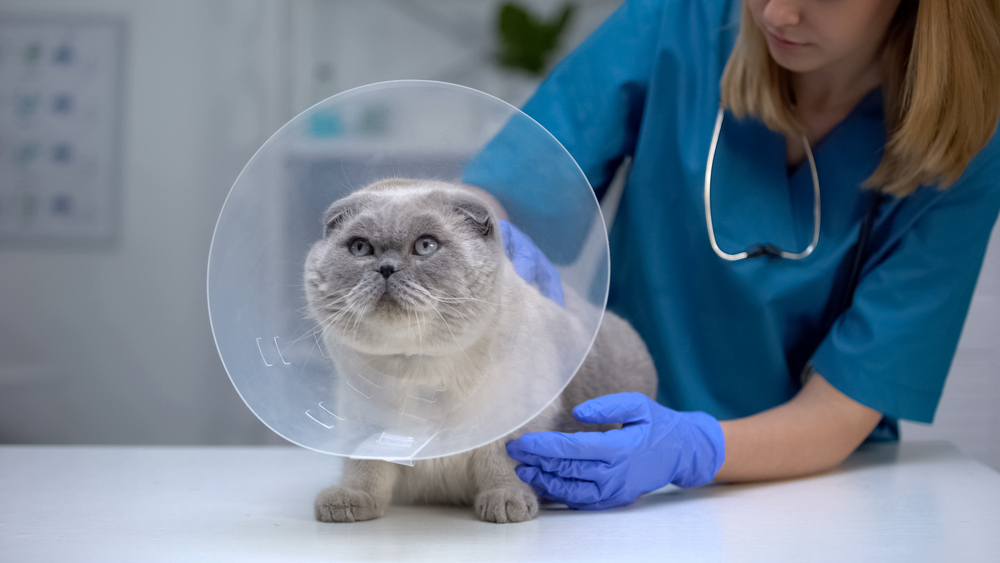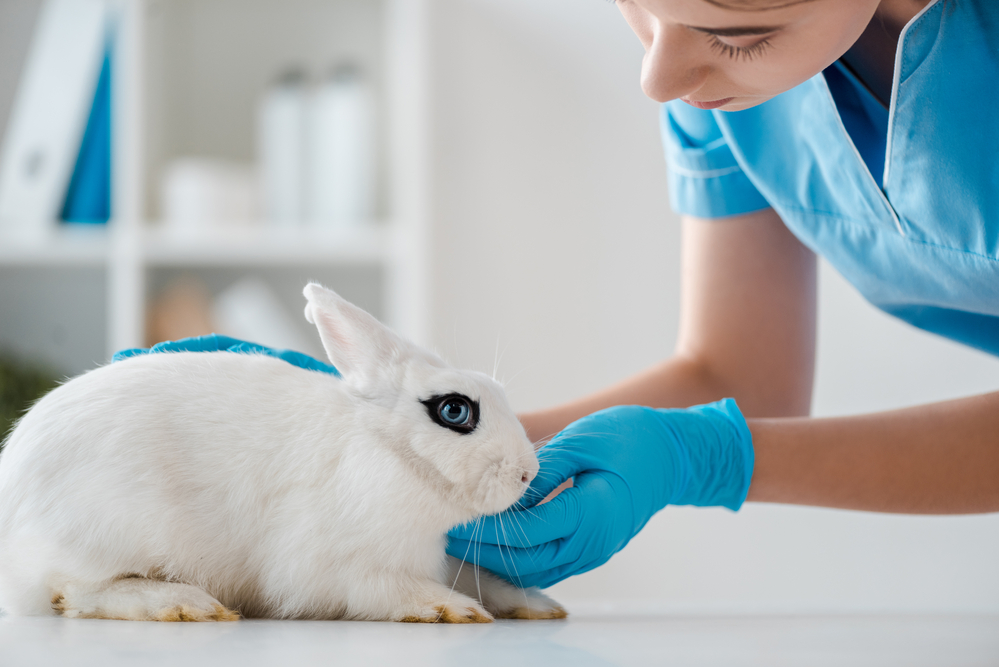One of the first things you should do as a new pet owner is to spay or neuter your pet, if they haven’t been already. This is helpful for many different reasons, from helping your pet medically and behaviorally, to ensuring that your pet isn’t contributing to the problem of overpopulation, and more. Here’s what you need to know about why you should spay or neuter your pet, common misconceptions about spaying/neutering, how it can benefit your pet, and when you should spay or neuter them.
What Is Spaying Or Neutering?
Spaying and neutering is when you have your pet sterilized. Spaying is when female pets have their ovaries and uterus removed. Neutering is when male pets have their testes removed.
Common Myths About Spaying/Neutering
Many people won’t take their pet to get spayed or neutered because they believe it will hurt their pets. They think that spaying/neutering will cause their pet to get fat, but this isn’t true. The only reason why your pet would gain unnecessary weight is through a lack of exercise and being fed too much. In some cases, they can put on weight through medical issues. Spaying or neutering your pet won’t cause them to pack on the pounds.
Another common misconception about what happens when you spay or neuter your pet is that it’s a cure-all for all behavioral problems. While spaying or neutering your pet can certainly help with their behavior, if your pet has learned a behavior or made a habit out of it, only training will help them unlearn it.
People also assume that if you spay or neuter your pet, their personality will change or they’ll become less intelligent. Spaying or neutering don’t impact your pet’s personality or intelligence. In fact, since it lessens testosterone and helps your pet not focus on finding a mate, it can improve their interest in you and in learning new things.
Why Should You Spay Or Neuter Your Pet?
There are many reasons why you should spay or neuter your pet, medical, behavioral, and ethical. Here are some of the benefits when you spay or neuter your pet.
Medical Benefits
Research shows that spayed or neutered pets live longer than pets that haven’t been spayed or neutered. This is because spaying and neutering prevents mammary, testicular, and prostate cancer, uterine infections, and more.
Behavioral Benefits
When you spay or neuter your pet, they may be better behaved, especially if you have them spayed or neutered early.
- Your female pets won’t go into heat, so you won’t need to worry about them constantly yowling for a mate and peeing all over your house when they’re in heat.
- Your male pets will be less likely to wander away from home, as non-neutered male pets will do just about anything to try to find a mate. Neutering also helps them live longer, because there’s less risk of them getting into fights with other animals or getting hit by a car.
- Your male pets could be better behaved, due to lowered testosterone levels. Neutered pets are less likely to mark their territory by peeing over your home or to try to mount things or to be aggressive.
Ethical Reasons
When you spay or neuter your pet, you’re doing your part to limit the overpopulation problem. Millions of cats, dogs, and rabbits are euthanized every year because there just aren’t enough homes for them. Your pets reproduce at much faster rates than humans do and typically have litters, rather than just one, maybe two or three, babies at a time. When you spay or neuter your pet, you’re ensuring that you’re not making the overpopulation problem even worse.
When Should You Spay Or Neuter Your Pet?
The age at which you should spay or neuter your pet can vary depending on a number of factors. Your vet will be able to determine when your pet should be spayed or neutered. There are general age ranges when it’s recommended that you spay or neuter your pet.
- For dogs: The American Animal Hospital Association (AAHA) recommends that small dog breeds be spayed before they go into their first heat (about 5-6 months old) and neutered by 6 months old. For large dog breeds that weigh more than 45 lbs when they reach adulthood, they should be spayed between 5-15 months old and neutered by 9-15 months old, when they stop growing.
- For cats: The AAHA recommends that cats be spayed or neutered by 5 months old. Kittens can get their first heat cycle as young as 4 months old, but usually don’t get it until they are 5-6 months old. Spaying/neutering early allows them time to grow without risking medical or behavioral problems.
- For rabbits: Female rabbits can be spayed as soon as they sexually mature, which is 4 months old, but many vets prefer to wait until they are a bit older, so the surgery is less risky. Male rabbits can be neutered at 8-12 weeks old, once the testes descend.
Do You Need To Spay Or Neuter Your Pet?
Skyline Animal Hospital can spay or neuter your pet. If you need to schedule an appointment to spay or neuter your pet, please don’t hesitate to contact us today!





